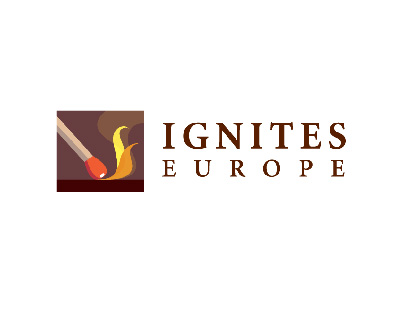Axa IM explores fixed income active ETFs
By Dominique Lawson 7 September 2022
Axa Investment Managers is considering launching active fixed income exchange traded funds as part of its new European ETF platform, reports Dominic Lawson at Ignites Europe.
Axa IM announced yesterday that it was entering the European ETF market with a focus on active and responsible investment strategies.
The first two funds are set to be actively managed listed vehicles that will focus on climate and biodiversity themes, and be aligned with the United Nations’ Sustainable Development Goals.
They are currently registered in Germany, Denmark, Finland, Ireland, Luxembourg, the Netherlands and Sweden.
An Axa IM spokesperson says: “We are exploring the possibility of launching additional active ETFs in the coming months, notably focused on fixed income.
“We believe active ETFs combine some of the potential benefits of mutual fund investing with the convenience, transparency and liquidity of an ETF vehicle.”
The spokesperson adds that active funds account for 3 per cent of the global ETF market, at around $300bn (€302.74bn).
“While this is still relatively small, it is rapidly growing,” the spokesperson says.
ETF structured vehicles
“We see this as an opportunity to leverage our key strengths within active management and responsible investing strategies, to complement our existing mutual fund range while answering client demand for ETF structured vehicles.
“Our ambition is to be one of the leading active ETF players in Europe.”
Axa IM’s ETFs will be available for retail, wholesale and institutional clients, and will disclose their holdings daily.
The firm will appoint dedicated sales representatives in the coming weeks as it looks to grow the new platform, having already hired Brieuc Louchard as head of ETF capital markets and Charles Lewandowski as a portfolio manager.
Europe’s active ETF industry only saw $747m of inflows in the first seven months of this year, compared with $72.41bn in the US, and the European industry represents just 4 per cent of the global market, according to ETFGI.
Germany on the radar
Andrea Murray, head of business development at ETF consultancy Blackwater Search and Advisory, says Axa IM is entering a market “that was way overdue for a large behemoth entrant”.
“They clearly know what they are doing by targeting the German market first, which is on everyone’s radar and the most vibrant in terms of growth prospects,” she says.
“The German ETF market has over $400bn of ETF assets and given the rapid retail adoption and growing number of digital platforms, AXA’s opportunities there are on the mark.”
Ms Murray adds that Axa IM has a name “that will open doors” but the question is whether it has the right distribution infrastructure in place to break asset barriers.
“This is a critical component to any ETF issuer success – you can have all the ingredients to bake the pie but if you turn the oven on too high it’s going to get burnt.”
The active ETF market accounted for just 1.3 per cent of ETF assets domiciled in Europe at the end of June 2022, according to Cerulli.
Innovative solutions
Fabrizio Zumbo, director of European asset and wealth management research at Cerulli, says the number of actively managed ETF products available to European investors is also growing, albeit at a slower pace than that of passive and smart beta products.
“This means that opportunities are there to provide a ‘differentiated’ value proposition to European investors,” he says.
Mr Zumbo says this comes at a time when retail investors across Europe are looking at innovative solutions that could allow them to diversify, as well as implement bespoke, tactical views in the current environment.
He says: “Some active managers have entered this space in the last few years and they are finding some sort of success as they leverage their active management expertise.
“But they also offer a ‘differentiated’ value proposition compared to other managers or ETF providers, which are able to offer just plain vanilla strategies.”
Pimco is the largest manager of European active ETF assets with $6.3bn, followed by JPMorgan with $5.3bn. The two firms account for nearly 60 per cent of market share between them, according to ETFGI data.

